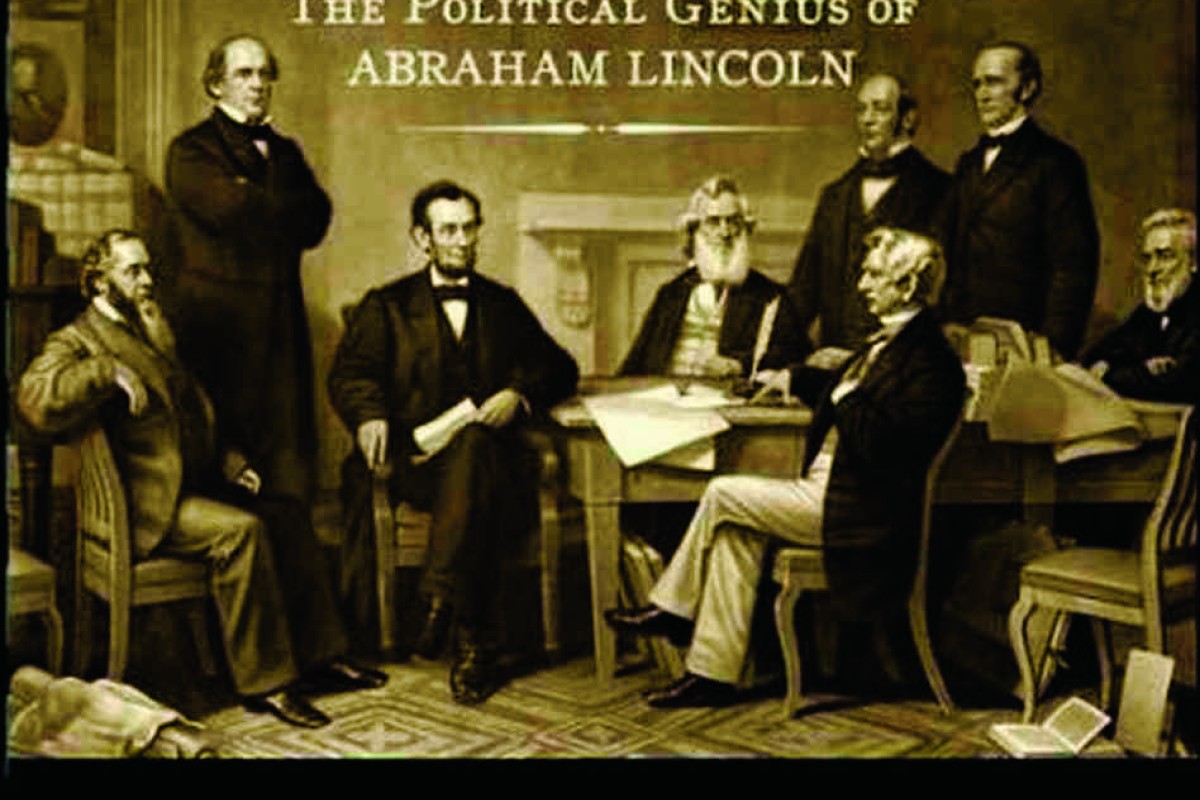
Embracing conflict, winning friendship

School, whether primary, secondary or tertiary, is more than a place for students to acquire knowledge and exam skills.
When you reflect after graduation, one of your greatest gains will probably be your friends, and one of the greatest lessons will have been learning how to work with others.
Friendship in itself is noble and invaluable. From a management perspective, your ties with school friends are your social capital. They help you to get things done when you are in need.
In his 1955 Harvard Business Review article titled Skills for an Effective Administrator, Professor Robert Katz suggested that the human skills you develop in the process of building friendships are among the three essential skills needed for effective managers, from frontline ones to top executives.
Unfortunately not every friendship lasts forever. Even best friends can fall into conflict, and if we fail to handle conflict well, friendships can go sour.
As some tasks are more effectively and efficiently carried out in teams than by individuals, we often work in group settings.
But teams are seldom homogenous and every teammate is unique, so our points of view can differ from the people around us, even though we are working towards the same goal.
Professors Carsten De Dreu and Laurie Weingart define task conflicts as “the distribution of resources, procedures and policies, and judgments and interpretation of facts”. However, these task conflicts do not necessarily harm our relationships.
In fact, task conflicts can be beneficial. Research has found that a moderate level of task conflict can enhance creativity, since team members might present divergent perspectives that lead to a greater number of possibilities.
On the other hand, if your team experiences a reduced capacity to process information, difficulties in incorporating multiple lines of thinking into a cohesive solution, a blurring of your collective goal(s), and/or frustrations due to a lack of progress, it may be a sign of too much conflict, according to De Dreu in his 2006 seminal paper published in the Journal of Management.
Hopefully these findings offer some insight, especially into appreciating your teammates’ efforts for initiating task conflict, and refraining from taking the task conflict personally. Others are not targeting you; they’re just trying to contribute to the team as much as you do!
To prevent a task conflict from spilling over into a relationship conflict, and to protect your friendships, your team and your tasks, you should avoid charging the conflict with emotions.
I would like to recommend Doris Kearns Goodwin’s book Team of Rivals: The Political Genius of Abraham Lincoln. I think everyone can learn a lot about conflict management by learning about Lincoln’s habit of withholding, or even burning, letters that he had written in the heat of the moment.